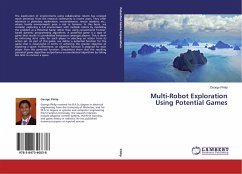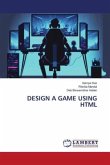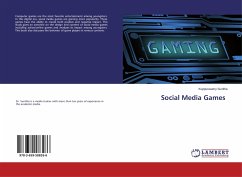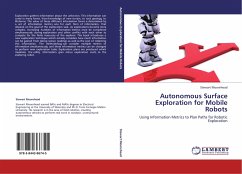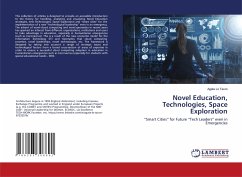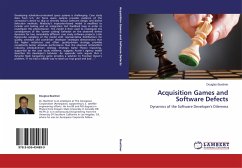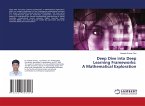The exploration of environments using collaborative robots has received much attention from the research community in recent years. They offer advances in planetary exploration, reconnaissance, rescue missions, etc., where hostile environments pose a risk to humans. In this book, we consider exploring a 2-D environment with multiple robots by modelling the problem as a Potential Game rather than using conventional frontier-based dynamic programming algorithms. A potential game is a type of game that results in coordinated behaviours amongst players. This is done by enforcing strict rules for each player in selecting an action from its action set. As part of this game, we define a potential function for the game that is meaningful in terms of achieving the greater objective of exploring a space. Furthermore, an objective function is assigned for each player from this potential function. Simulations show that the resulting potential game algorithm outperforms uncoordinated algorithms by taking less time to uncover a space.
Bitte wählen Sie Ihr Anliegen aus.
Rechnungen
Retourenschein anfordern
Bestellstatus
Storno

